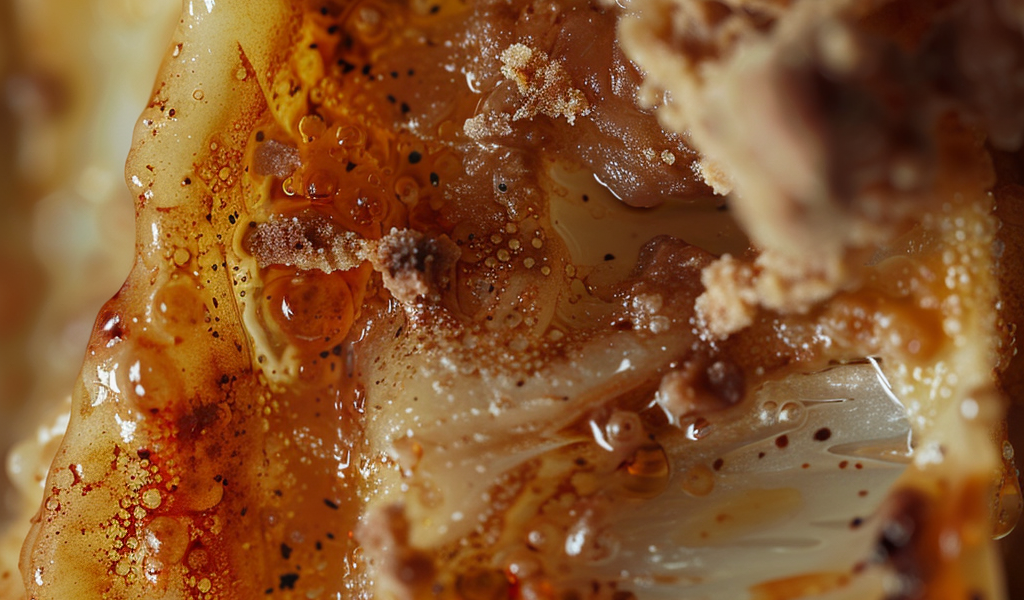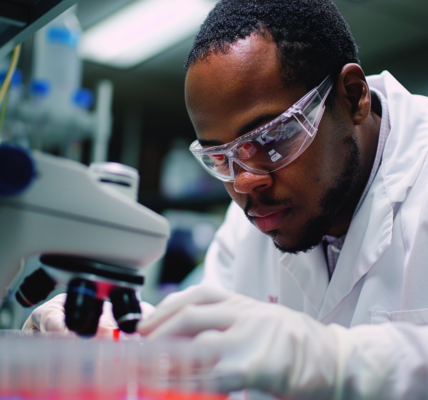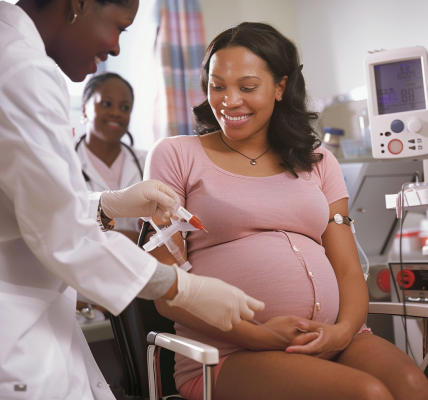The owners of a kebab shop in Wales recently made headlines after more than 50 customers were affected by food poisoning, leading to 11 individuals being hospitalized due to consuming contaminated food. The incident took place in February 2023 at Abergavenny’s Marmaris Kebab House, where customers unknowingly ingested food tainted with shigella bacteria.
Shigella bacteria, known for its high level of contagion, is typically transmitted when an individual ingests a small amount of the bacteria from the feces of an infected person. In this case, the contamination occurred through the consumption of food prepared by individuals carrying the bacteria who failed to observe proper hygiene practices such as handwashing.
Common symptoms of shigella infection include severe diarrhea, often accompanied by blood, as well as fever and abdominal pain. While shigella infection is not usually life-threatening, it can result in hospitalization, with symptoms lasting for approximately five to seven days.
The takeaway’s director, Sami Abdullah, and his associate Hassan Saritag, recently appeared in court where they pleaded guilty to charges related to serving unsafe food to customers, failure to implement adequate food safety measures, and neglecting to register new owners of the establishment.
Shigella infection, also known as shigellosis, is caused by a group of bacteria called shigella. The primary indicator of shigella infection is bloody diarrhea. The bacteria are highly contagious and can be transmitted through the ingestion of even small amounts of bacteria from an infected individual’s stool. This can occur in various settings, such as childcare facilities where proper hand hygiene is not maintained.
In addition to person-to-person transmission, shigella bacteria can also be spread through contaminated food and water sources. While children under five are particularly vulnerable to shigella infection, individuals of all ages can be affected. Mild cases of shigella infection typically resolve on their own within a week, but severe cases may necessitate hospitalization. Treatment often involves antibiotics and intravenous fluids to prevent dehydration.





